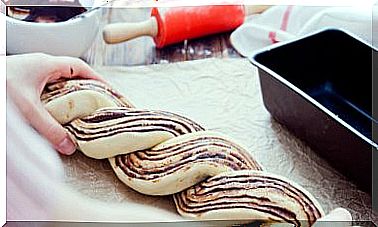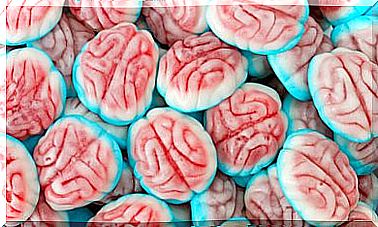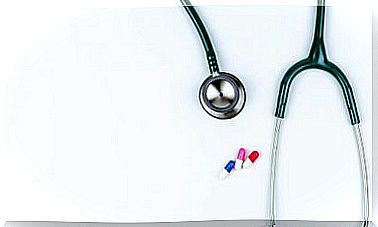What To Avoid If You Suffer From Hypertension
High blood pressure is a very common disease today. Its causes range from obesity, genetics and eating habits to a sedentary lifestyle. This disorder can bring with it serious health problems that are mainly associated with cardiovascular diseases.
That is why those who detect that they suffer from high blood pressure, must make a series of changes in their habits aimed at adopting a healthy lifestyle that helps them control this problem, before its effects seriously affect health.
One of the factors that most influence the state of high pressure is food. Having a good or bad diet would be reflected in the state of blood pressure. Here we give you some tips and guidelines on what to avoid.
Foods to avoid if you suffer from hypertension
According to the United States National Library of Medicine, the DASH ( Dietary Approaches to Stop Hypertension ) diet based on a low-salt diet would help lower blood pressure. Following it would involve, among other things, reducing sodium intake to no more than 2,300 mg per day and including foods rich in fiber, potassium, calcium and magnesium.
In turn, it would imply excluding some foods from the diet due to their high sodium and saturated fat content. Among them, we find:
1. Cold cuts and sausages

This type of food is characterized by having high sodium and fat content, which would not favor the health of the arteries and blood circulation. The best thing would be to choose to consume lean meats such as chicken, turkey (both without skin), rabbits or beef, among others.
2. Cheeses

Traditional cheeses tend to have high sodium content that would influence the increase in blood pressure. Keep in mind that sodium would increase fluid retention and, as a consequence, tension.
A good option to replace this food would be to opt for a cheese without added salt, which is now much more common in supermarkets.
3. Snacks

Most of the snacks that we find on the market tend to contain a lot of sodium and saturated fat. It is advisable to avoid the consumption of fried foods, salted peanuts, French fries and sticks, among others. The American Heart Association recommends substituting savory snacks for small servings of chopped fruits and vegetables.
4. Butter and margarine

These types of foods are very common in the diet and we use them to prepare many meals. However, they have sodium and fat content that could affect the health of the arteries. You can reduce its consumption to small amounts or you can also choose to use olive oil.
Experiments by Dr. Martin Grootveld at the University of Montfort, England, showed that olive oil would remain more stable when heated than any other fat.
5. Smoked or canned products

The consumption of meats and other smoked foods that are available in the market should be avoided. In general, these foods are usually high in sodium in order to keep them longer.
6. Dressings

Dressings like mayonnaise, golf sauce, ketchup, and many others are high in sodium, which, as we know, could affect arterial health. Instead of these dressings you can choose to prepare a homemade sauce without sodium and without high fat content.
7. Caffeinated drinks

So far, research is continuing to determine how caffeine affects blood pressure. Caffeine consumption has been shown to raise blood pressure suddenly, but whether this is temporary or long-lasting is not yet known.
For this reason, it is usually recommended to minimize consumption or directly avoid drinks such as coffee, caffeinated soft drinks and even black tea. Caffeine would stimulate adrenaline production and, in addition, cortisol would raise blood pressure.
Other habits you should avoid …
- Consume alcoholic beverages. The Spanish Heart Foundation points out that alcoholic beverages would increase blood pressure.
- Lead a sedentary lifestyle. Leading a sedentary lifestyle would sooner or later lead to health problems, including increased blood pressure. Obesity and high levels of bad cholesterol often play a role in the development of this problem.
In conclusion, if you suffer from hypertension, you should see your doctor to obtain a diet according to your metabolic needs. Remember that you should not change your diet or take medication without consulting a specialist.








